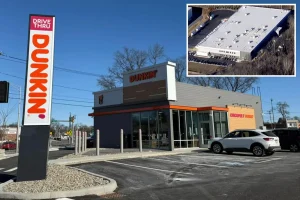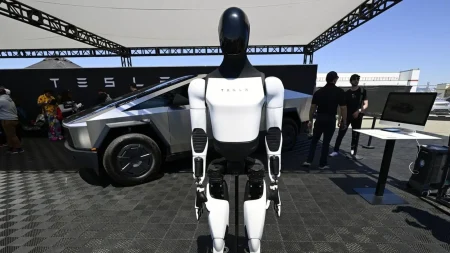The push to upgrade to Smart Meters, a newer version of the technology designed to transform how we manage energy in our communities, is no doubt a topic that’s generating a lot of buzz. Whether you’re a homeowner trying to save money on electricity bills, a business looking to optimize its energy consumption, or a policymakers looking to reduce carbon footprint, readers might be considering this investment. If you’re already thinking about this, you’re馒头 of the future—it’s time to dive deeper into why upgrading to Smart Meters might or might not be the right choice for your community. Let’s take a closer look at whether Smart Meters 2.0 is indeed worth the investment.
### The Scandals and Liars: Justify the Transition
In the world of innovation and efficiency, there’s a lot of hype that’s piling up. The rise of Smart Meters 2.0 is being compared to a younger sibling entering the growing tech scene, while older万元aires are_pts_thinking_problematically-about upgrading, considering whether their communities might be left behind. There’s also a never-ending list of “what it means to live quieter, more sustainable lives” accusations floating around. The truth is, this whole transition has certainly gone too far.
But, hey, risk and reward. If the local community isn’t moving yet, smart meters can be a game-changer. By ensuring that everyone in the area uses consistent energy habits, the tech can create more uniformity across the board, which is probably the vital foundation for a sustainable future. Plus, with Smart Meters 2.0 streamlining the billing process, whether you’re a homeowner, a business, or even a farmer, your life could be chicier from a practical standpoint.
The biggest storm in the mix is the learning curve. You’re not just talking about a fancy gadget that looks cool and moves; you’re talking about something that requires proper training, technical knowledge, and a willingness to embrace innovation. It’s no small feat, especially if you’re trying to transition from traditional energy management systems to something entirely different. But hey, what better time to invest in something that can last a lifetime than now?
### The New Ideas in Smart Meters: A Closer Look
Smart Meters 2.0 is usually covered by the press, and there are a lot of people talking about it. Whether you look at it as a solution for generating electric vehicles, controlling smart grids, or even predicting the behavior of solar and wind energy, there are plenty of incentives and opportunities here. It’s about making smart decisions about energy management, reducing waste, and improving the overall efficiency of your community.
One of the most exciting aspects of Smart Meters 2.0 is its ability to provide real-time data on your energy consumption. This means that you can see exactly where your bills are hitting the wall, spot patterns in your usage, and take corrective action to avoid unnecessary penalties. It’s like having a partner that’s always checking in on your energy needs, which can lead to more accurate billing and better management.
Another standout feature of Smart Meters 2.0 is its integration with the smart grid. The smart grid is the infrastructure that connects the power stations, consumers, and end-users in the community. With Smart Meters 2.0, the boards in your smart meters work closely with the new power distribution systems, ensuring that the electricity is distributed evenly across the grid. This has a huge impact on not just your local area but also your wider community, potentially reducing dietary expenses down the line.
But there’s also a catch when it comes to using these tools. You have to be ready to adjust to the new way of managing your energy. The technology is constantly evolving, so you’ll have to stay informed about its advancements and how they can be applied to your local community. You’ll also have to deal with the technical side of it, making sure that you’re up to date on the new protocols and training. It’s a tough one, but the rewards are well worth it for the community that can stand to benefit from much lower environmental impact.
The key is to not face the transition head-on. If you’re inattentive, you might end up in a mess. It’s a price to pay for a future that will offer massive benefits to your community. If you’re ready to make that transition, there’s no better time than now to dive into it. Whether you’ll just admire the progress of the technology or actually contribute to its success, it’s a decision that wise people should make.
— [Your Name]
(Just a Glimmer of Hope)














